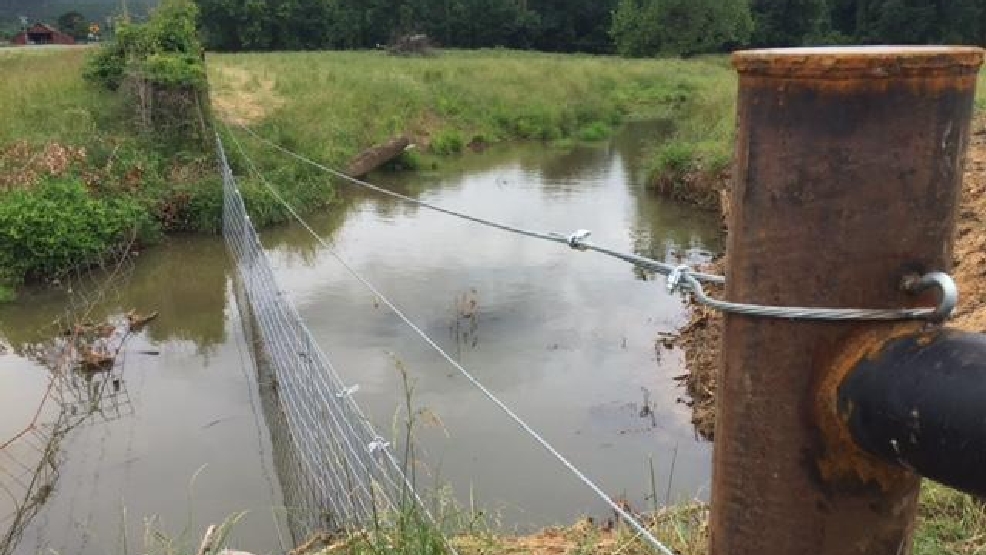A common expression says, “You can’t have your cake and eat it, too.” That makes no sense, as one cannot eat cake if one doesn’t have cake. Of course, that is not how the saying really goes; it’s just a modern lazy version. The idiom dates from 1546, when John Heywood wrote, “would you both eat your cake and have your cake?” By 1611 John Davies explained it as “A man cannot eat his cake and have it still.” That makes more sense, but it’s easier just to say, “you can’t have it both ways.”
That is the conclusion of a Colorado State Supreme Court ruling that has finally addressed decades of argument about whether one has the right to wade and fish in streams that flow across private property. The case began with activist Roger Hill, who pushed the issue by purposely “trespassing” in the Arkansas River on private land in Fremont County. The landowner threated him, called the sheriff, even threw rocks at Hill, who sued, and the matter has been in court for years.
The case attracted dozens of briefs from a wide array of groups raising varying and contradictory arguments. Some argued “public trust doctrine,” asserting a public right to all natural resources including water. Others argued the “equal footing” doctrine, the constitutional principle that new states have the same rights as existing states. That is an issue because federal law granted states joining the union the title to riverbeds in waterways that were “navigable” at the time of statehood. Streambeds that were not navigable were later given to the adjacent landowners.

That is the crux of this dispute, since Hill’s case (and numerous others over the years) is based on the assertion that the state owns the riverbeds under the Arkansas, Taylor, Gunnison, South Platte, Poudre, Fryingpan and other rivers where there have been similar legal challenges. The question, therefore, comes down to a simple factual decision on whether that stream was navigable at the time of statehood (1876 in Colorado’s case), and therefore belongs to the state and not the landowner.
All these questions, the Court ruled “are ultimately irrelevant,” because of one even simpler question – who decides whether a stream was navigable in 1876. The court reaffirmed, as in a similar 1979 case, that only the State can determine that, not any individual who wants to go fishing.
Other western states have made such determinations. Several have further defined legal access, but Colorado has not. Utah allows floating, not wading, through private property, but also lets some landowners limit access. New Mexico grants public access to nearly all rivers, and Montana allows access not only in the river, but up to its high-water mark, allowing fishing from the bank on most streams. Arizona and California allow public access on “navigable” waters. The Colorado legislature has never enacted such laws, preferring case-by-case negotiations with stakeholders.
As Attorney General Phil Weiser pointed out in this case, only legislatures can make this determination, or change access laws. He argued that to “upend these nearly 150 years of transfers and agreements” would require “a comprehensive process,” not just a single angler’s lawsuit. He told the Supreme Court that a judicial ruling about whether streams were navigable in 1876 “could have monumental consequences for water rights in Colorado and could lead to significant litigation challenging existing property rights.”
In fact, Colorado has never asserted that any river in the State was navigable at the time of statehood. To make that assertion now would be an attempt to have it both ways. That’s because when the federal EPA published its ill-fated “waters of the U.S.” (WOTUS) rule in 2015, it was Colorado that went to court, joined by half the other states. That case was built on the fact that the Clean Water Act provides federal authority only over “navigable” waters. The U.S. Supreme Court has twice ruled against the EPA, backing Colorado’s argument that there are no navigable waters in the State.
Colorado could not credibly reverse itself now, claiming some of its rivers have been navigable since 1876. That’s why the court is right in suggesting this is a matter for the legislative process, not an individual lawsuit. The issue is complicated, which is why we have a republican system.
I wish I could eat the cake and still have it for tomorrow. Or have both the wisdom of old age and the vigor of youth. But that’s trying to have it both ways. That’s not life.




Comments on this entry are closed.